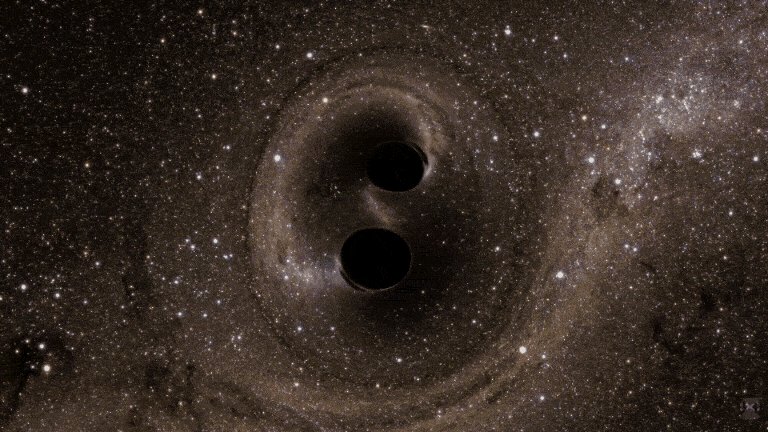Can our brains help prove the universe is conscious?

Get the world’s most fascinating discoveries delivered straight to your inbox.
You are now subscribed
Your newsletter sign-up was successful
Want to add more newsletters?

Delivered Daily
Daily Newsletter
Sign up for the latest discoveries, groundbreaking research and fascinating breakthroughs that impact you and the wider world direct to your inbox.

Once a week
Life's Little Mysteries
Feed your curiosity with an exclusive mystery every week, solved with science and delivered direct to your inbox before it's seen anywhere else.

Once a week
How It Works
Sign up to our free science & technology newsletter for your weekly fix of fascinating articles, quick quizzes, amazing images, and more

Delivered daily
Space.com Newsletter
Breaking space news, the latest updates on rocket launches, skywatching events and more!

Once a month
Watch This Space
Sign up to our monthly entertainment newsletter to keep up with all our coverage of the latest sci-fi and space movies, tv shows, games and books.

Once a week
Night Sky This Week
Discover this week's must-see night sky events, moon phases, and stunning astrophotos. Sign up for our skywatching newsletter and explore the universe with us!
Join the club
Get full access to premium articles, exclusive features and a growing list of member rewards.
As humans, we know we are conscious because we experience and feel things. Yet scientists and great thinkers are unable to explain what consciousness is and they are equally baffled about where it comes from.
"Consciousness — or better, conscious experience — is obviously a part of reality," said Johannes Kleiner, a mathematician and theoretical physicist at the Munich Center For Mathematical Philosophy, Germany. "We're all having it but without understanding how it relates to the known physics, our understanding of the universe is incomplete."
With that in mind, Kleiner is hoping math will enable him to precisely define consciousness. Working with colleague Sean Tull, a mathematician at the University of Oxford, U.K., the pair are being driven, to some degree, by a philosophical point of view called panpsychism.
This claims consciousness is inherent in even the tiniest pieces of matter — an idea that suggests the fundamental building blocks of reality have conscious experience. Crucially, it implies consciousness could be found throughout the universe.
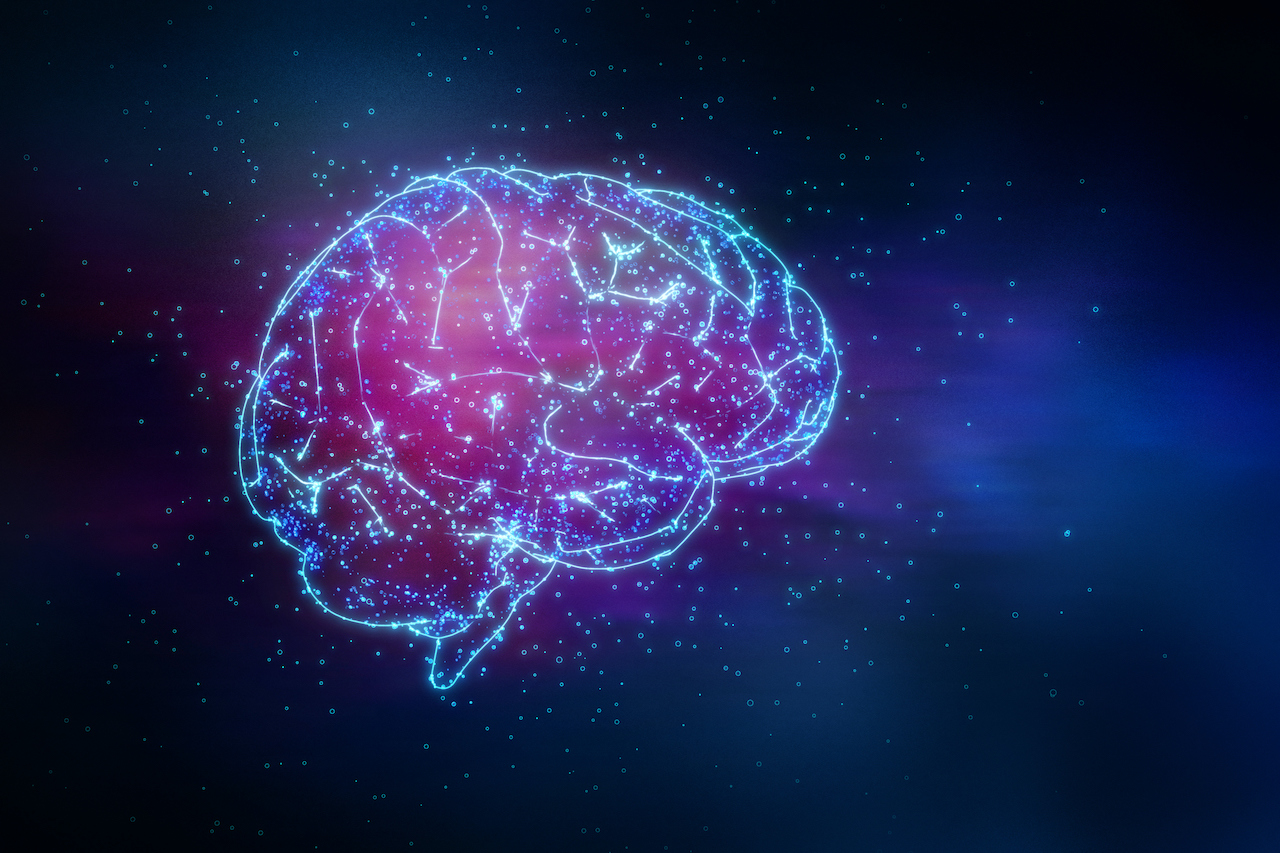
Can our brains help us to figure out the universe?
If the researchers can answer how our brains give rise to subjective experience, there's a chance their mathematical model could extend to inanimate matter too, they said.
"A mathematical theory can be applied to many different systems, not just brains," Kleiner told All About Space via email. "If you develop a mathematical model of consciousness based on data obtained from brains, you can apply the model to other systems, for example, computers or thermostats, to see what it says about their conscious experience too."
Get the world’s most fascinating discoveries delivered straight to your inbox.
Some prominent minds lend weight to the view of panpsychism, not least renowned Oxford physicist Sir Roger Penrose, who was among the first academics to propose we go beyond neuroscience when looking at consciousness.
He says we should strongly consider the role of quantum mechanics and in his book published in 1989 "The Emperor's New Mind: Concerning Computers, Minds, and the Laws of Physics" he argued that human consciousness is non-algorithmic and a product of quantum effects.
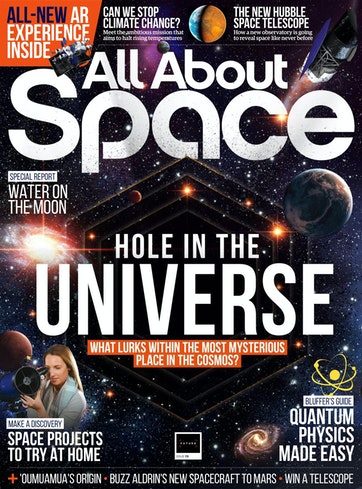
This article is brought to you by All About Space.
All About Space magazine takes you on an awe-inspiring journey through our solar system and beyond, from the amazing technology and spacecraft that enables humanity to venture into orbit, to the complexities of space science.
This idea evolved in collaboration with anesthesiologist and psychologist Stuart Hameroff into a hypothesis called Orchestrated Objective Reduction (Orch OR).
It claims consciousness is likely due to quantum vibrations in microtubules deep within brain neurons as opposed to the conventionally held view that it is due to connections between neurons.
Importantly, however, "Orch OR suggests there is a connection between the brain's biomolecular processes and the basic structure of the universe", according to a statement published in the March 2014 paper "Consciousness In The Universe: A Review of the "Orch OR" Theory", written by Penrose and Hameroff in the journal Physics of Life Reviews.
And it's on this basis that Kleiner and Tull are working. They are also inspired by neuroscientist and psychiatrist Giulio Tononi, distinguished chair in Consciousness Studies at the University of Wisconsin.
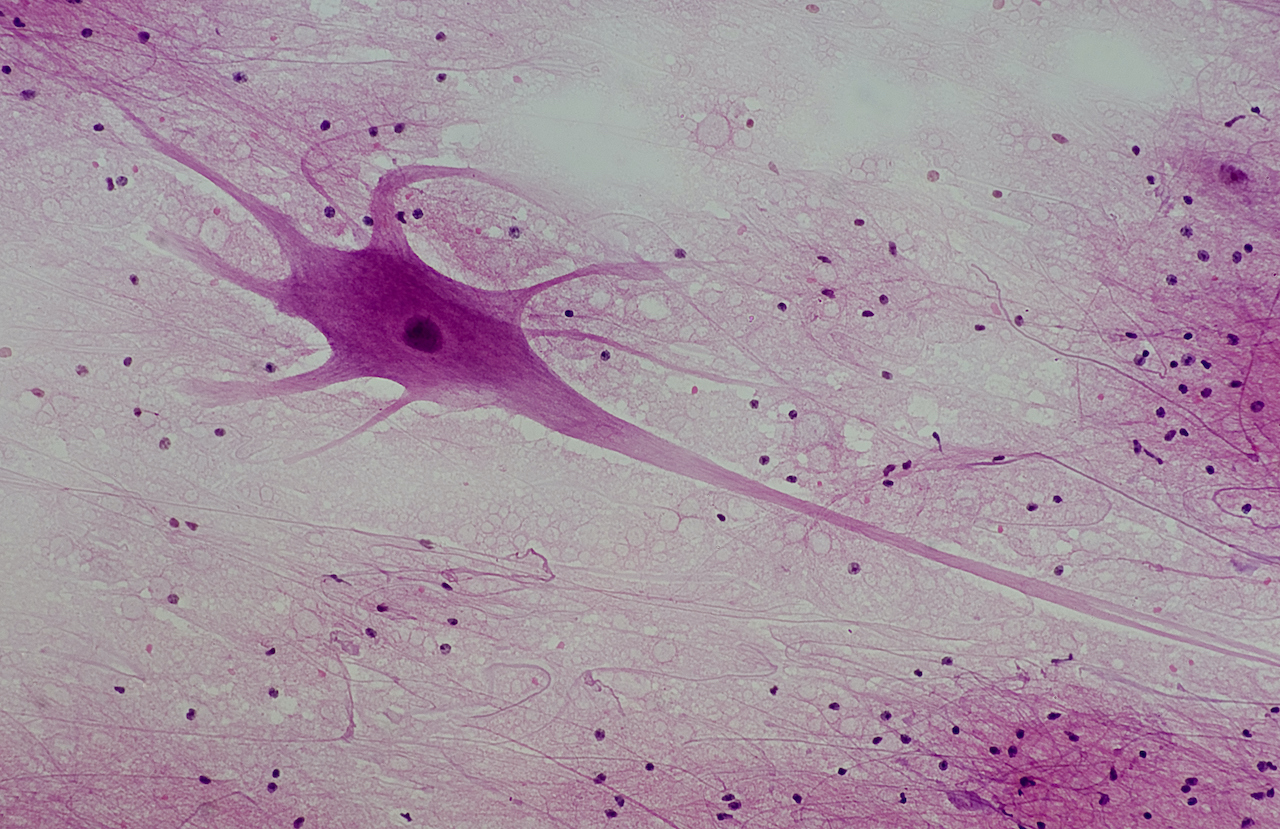
Tononi's theory of Integrated Information Theory (IIT), published in the journal BMC Neuroscience, is one of a small class of promising models of consciousness. “IIT is a very mathematical theory,” Kleiner said.
IIT says consciousness is a fundamental aspect of reality; that it exists and is structured, specific, unified and definite. A core idea suggests consciousness will emerge when information moves between the subsystems of an overall system: to be conscious, an entity has to be single and integrated and must possess a property called "phi" which is dependent on the interdependence of the subsystems.
In other words, you could have a bunch of coins on your desk, on top of each sits a bunch of neurons. If information which travels along those pathways are crucial for those coins, then you've got a high phi and therefore consciousness.
If those coins could operate perfectly well as subsystems without information flowing to and from other coins, then there is no phi and there is no consciousness. The greater the interdependency between subsystems, the more conscious something will be.
"Integrated information is an abstract quantity which you can calculate if you have a good detailed description of the system," Kleiner said, adding that the system does not have to be biological.
"The result is a number, denoted by phi, so if you have an apple, you can ask how much integrated information is in there, just as you can ask how much energy is in there. You can talk about how much integrated information is in a computer, just like you can talk about entropy."
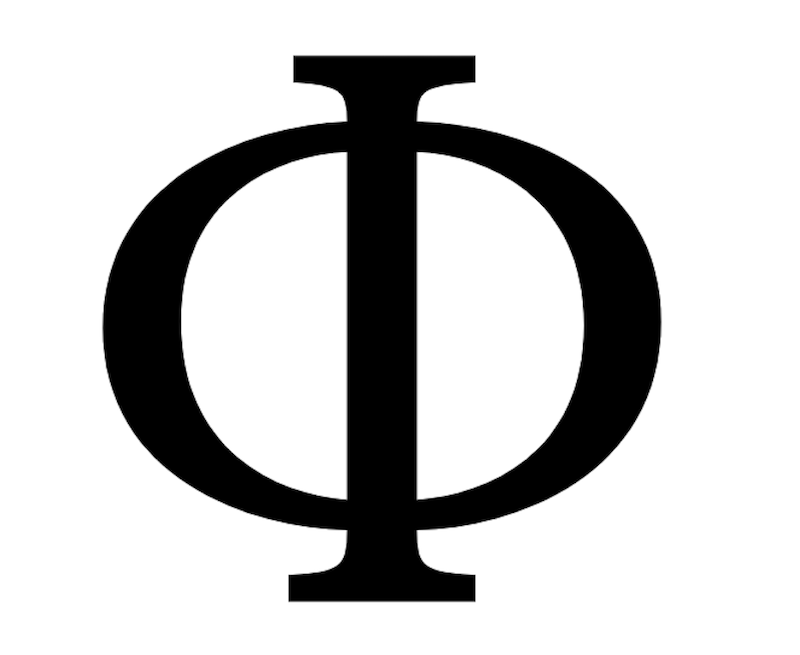
IIT backs panpsychism to a great extent because even a proton can possess phi, according to the theory. And just as an apple, thermostat and computer can possess it, so can your chair and your desk all manner of other things across the universe.
"When it comes to experimental evidence, there are several independent studies which point at a correlation between integrated information and consciousness," Kleiner said.
So do the subsystems have conscious experience? No. Are all systems conscious? No.
"The theory consists of a very complicated algorithm that, when applied to a detailed mathematical description of a physical system provides information about whether the system is conscious or not, and what it is conscious of," said Kleiner.
"The mathematics is such that if something is conscious according to the theory, then the components which make up that system can't have conscious experiences on their own. Only the whole has conscious experience, not the parts. Applied to your brain, it means that some of your cortex might be conscious but the particles that make up the cortex are not themselves conscious."
What does that mean for the universe?
"If there is an isolated pair of particles floating around somewhere in space, they will have some rudimentary form of consciousness if they interact in the correct way," said Kleiner.
So according to IIT, the universe is indeed full of consciousness. But does it have implications for the physical part of the universe? The math of the theory says it does not. A physical system will operate independently, whether it has a conscious experience or not.
Kleiner gives a computer as an example, saying that IIT's math shows it may have consciousness but that won't change the way in which it operates.
"This is at odds with the metaphysical underpinning of the theory which is strongly idealist in nature,” Kleiner said. "It puts consciousness first and the physical second. We might see some change in the mathematics at some point to take this underpinning more properly into account."
This is what his and Tull's study seeks to resolve. Emergentist theories of consciousness tend to claim physics is all there is.
Related: The problems with modern physics
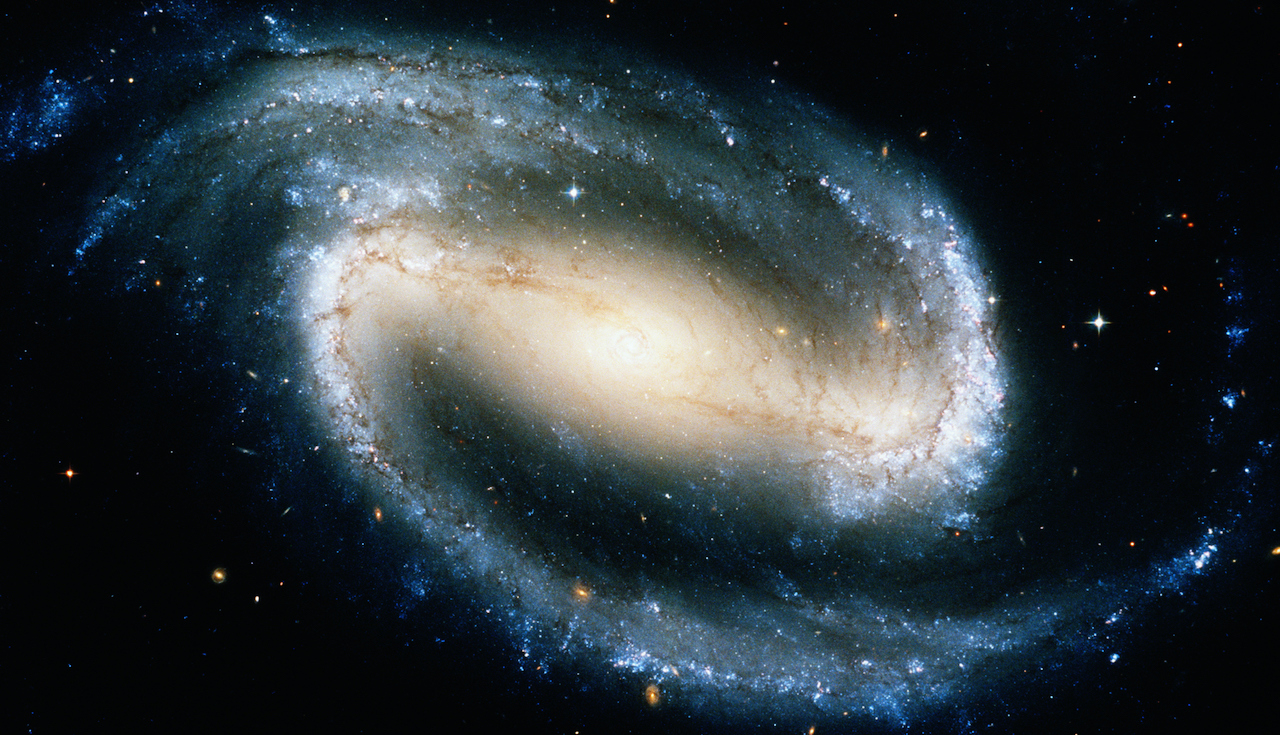
"They would reject the idea that consciousness is separate from or more primary than the physical and they would say consciousness is nothing but a specific physical phenomenon which emerges from the interaction of the fundamental physical quantities in certain conditions," said Kleiner.
His and Tull's math version of IIT, on the other hand, is intended to be what could be called a fundamental theory of consciousness. "It tries to weave consciousness into the fundamental fabric of reality, albeit in a very specific way," said Kleiner. And if it's shown that the universe is conscious, what then? What are the consequences?
"There might be moral implications. We tend to treat systems that have conscious experiences different from systems that don't," said Kleiner.
Yet if it is proven that consciousness plays a causal role in the universe, it would have huge consequences for the scientific view of the world, said Kleiner. "It could lead to a scientific revolution on a par with the one initiated by Galileo Galilei," he said.
And that really is something to bear in mind.
Additional resources:
- Discover more theories about the universe
- More reading material on quantum physics
- More about Orchestrated Objective Reduction (Orch OR)
David Crookes is a UK-based science and technology journalist who has been writing professionally for more than two decades. Having studied at the University of Durham in England, he has written for dozens of newspapers, magazines and websites including The Independent, The i Paper, London Evening Standard, BBC Earth, How It Works and LiveScience. He has been a regular contributor to Space.com's sister publication, All About Space magazine since 2014.
 Live Science Plus
Live Science Plus












